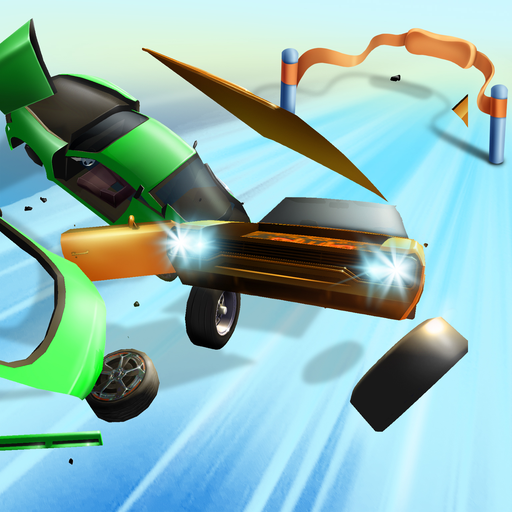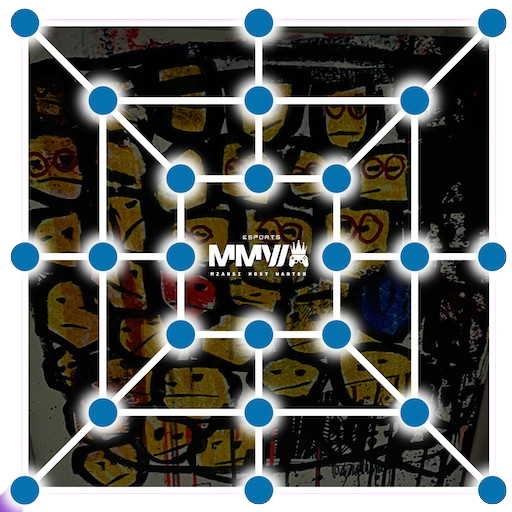Microsoft's recent unveiling of an AI-generated interactive space inspired by Quake II has ignited a robust debate within the gaming community. Utilizing Microsoft's Muse and the World and Human Action Model (WHAM) AI system, this demo showcases the potential of AI to dynamically generate gameplay visuals and simulate player behavior in real-time, without relying on a traditional game engine.
Microsoft describes the demo as a "bite-sized" experience where every player input triggers an AI-generated moment, mimicking the gameplay of the original Quake II. The company views this as a groundbreaking step towards new forms of interactive gameplay, highlighting it as a glimpse into the future of AI-powered gaming experiences.
However, the reception has been overwhelmingly negative. After Geoff Keighley showcased the demo on social media, many in the gaming community expressed their disappointment. Critics on platforms like Reddit and Twitter voiced concerns over the quality of the AI-generated content, fearing it could lead to a future dominated by "AI-generated slop." There's a palpable worry that the human element in game development could be eroded, replaced by AI, especially if studios opt for this route to cut costs.
Despite the backlash, some remain optimistic about the technology's potential. They view the demo not as a finished product but as a proof of concept showcasing the strides made in AI technology. These supporters argue that while the current demo may not be playable or enjoyable, it represents a significant leap in AI's ability to generate coherent and consistent virtual worlds, potentially useful in early concept and pitching phases.
The debate around this demo reflects broader industry tensions regarding generative AI. Amidst widespread layoffs and ethical concerns, many in the gaming and entertainment sectors are skeptical about AI's ability to produce content that resonates with audiences. Examples like Keywords Studios' failed attempt to create an AI-generated game and Activision's use of AI for Call of Duty: Black Ops 6 assets underscore these challenges.
As the industry grapples with these issues, voices like Epic Games' Tim Sweeney and actor Ashly Burch have weighed in, highlighting the ongoing discussions around AI's role in gaming and the potential impact on creators and players alike.






